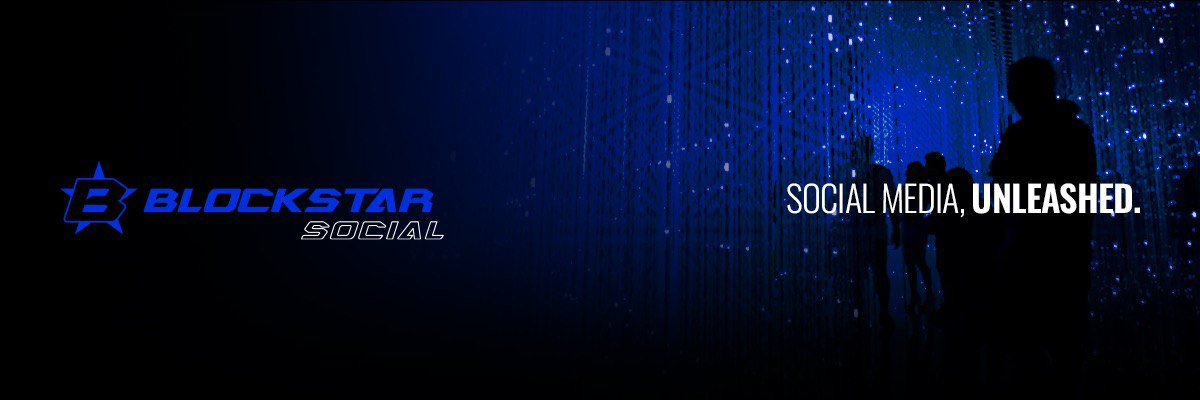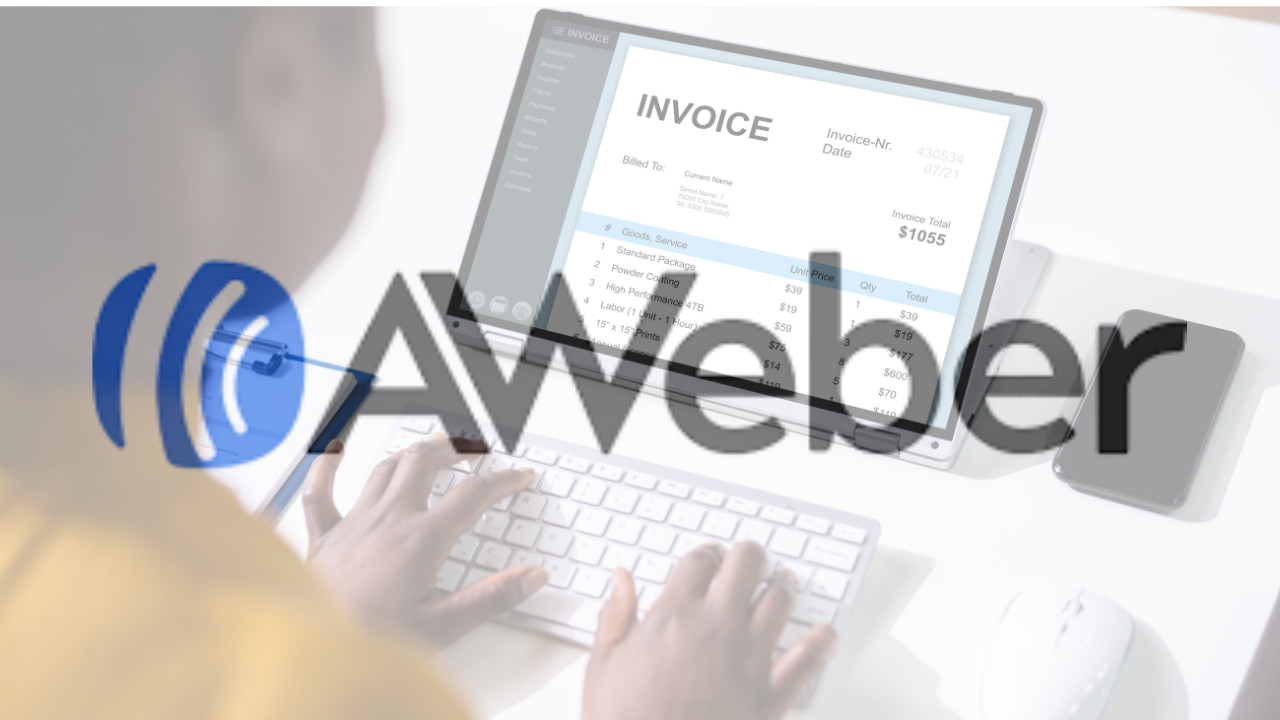The new standard for social media is BlockStar; their platform is decentralized and built using consensus model blockchain. Not only are people rewarded for daily social activity and publishing content anywhere across the platform, but they are also free to express who they are without worry of being censored.
But why should anybody care about decentralization, or the fact that a social media platform such as BlockStar is built on blockchain? What does that even mean? Is BlockStar going to somehow change my life for the better?
Ultimately, these are the essential questions that many people have about the preponderance of decentralization and blockchain based social media - and rightfully so! To answer these questions with any certitude, its necessary to first understand some basic elements of how the internet operates and how it relates to traditional social media platforms. Once these details are understood its quite simple to recognize the power of blockchain and decentralization, and how BlockStar is situated to transform life on the web.
The internet is largely a collection of databases in which people interact. Whether youre on a popular news site scrolling through the latest news articles, or on a retailers website researching a potential purchase, or checking your bank account balance on your banks mobile app, these activities all involve querying a database. This information must be managed and physically stored so that anyone in the world can access a given database at any time.
Like the examples above, all traditional social media platforms rely on databases to store vast amounts of user data and content. This enables their users to create, share, and interact with people and information continuously.
To maintain this data, the internet relies on large storage devices called servers to hold this digital information. These servers also contain software programs that allow people to query the vast amount of information that they hold. Typically, these servers are centralized in facilities that offer cloud based web services, or individual companies choose to manage and keep their own server infrastructure.
But herein lies the problem: centralization of information is the underbelly of the internet, and this is why:
An inescapable truth about the web and its centralized tendencies, is that it allows corporate bias to easily make its way into society. Big tech and big social are de facto authorities who are more concerned about increasing profit and skirting issues that might adversely impact their stockholders than they are about providing a meaningful, unabated platform for their users. These centralized platform owners go to great lengths to apply arbitrary standards for acceptable content, which suppresses and sanitizes the free speech and free thinking that people expect.
Fundamental to BlockStars decentralized ecosystem is freedom of expression. User content is not deleted, altered, or otherwise censored, provided the content is not illegal. This user autonomy is especially important in times of uncertainty, conflict, and ever-changing public opinion.
Have you ever had a question, or a comment removed from a centralized social media platform because it didnt meet an arbitrary threshold of appropriateness? Or, how about a post that was removed for being too controversial? These are everyday occurrences on centralized, traditional social media platforms, but this is not even remotely the convention on the BlockStar social media platform. In contrast, BlockStar users are free to express their views on any topic, be it based on opinion, cultural standing, political view, personal taste, etc. By BlockStar remaining neutral, the ecosystem can truly be a platform for users to debate without interference from corporate righteousness, the man behind the curtain, or any type of special interest.
Exploring the fractures of centralization further, traditional social media platforms realized long ago that their product was not the platform or user experience that they promote to the world; their product is their users. To this end, a traditional social media platform's primary focus is to collect data specific to the conscious and unconscious needs, wants, and desires of their users. This information is then aggregated from their databases and either packaged for direct sale to others or analyzed for varying degrees of exploitation. Huge revenue dollars are directly attributed to this exploitation of user data that originates from platform owned (centralized) databases.

Another major drawback to centralization of information is that often these server farms are the target of malicious actors trying to obtain the data stored on these machines. Once a server location is known, a concentrated attack can infiltrate an entitys entire network because servers are congregated in a single (or a select few) physical location(s). Numerous significant data breaches have occurred simply because this centralization of data makes these repositories an attractive target.
Other credible vulnerabilities exist due to this centralized arrangement of information and data. Power outages, weather events, and natural disasters can disable or decimate a centralized server location causing information to be temporarily or permanently out of reach from its owner.
The BlockStar social media platform exists independent of a centralized authority such as a small group of decision makers or a large corporation backed by shareholders. BlockStar utilizes a decentralized system of nodes entrusted with equal authority to make decisions about everything related to the BlockStar ecosystem. This removes the possibility of BlockStar ever being controlled by a single domineering authority defeating any concerns related to informational or positional advantages.
BlockStar also recognized that by using a blockchain based, decentralized system of nodes, they were able to spread their network across the globe, hardening it from natural disaster and malicious attacks. Since the BlockStar network can withstand this adversity, user data and their privacy can always remain available and intact.

The BlockStar social media platform is eternally programmed to prioritize the protection of user data and privacy. Its also designed to be the online destination of choice where people are socially free to be themselves and not be impinged upon in any manner.
Now is the time to harness the tectonic change that BlockStar is endowing to the social media space by virtue of blockchain and decentralization. BlockStar will soon not only be the household name that all will come to trust, but also the standard that forever set the new era of social media in motion.









Jesse Michalski 1 是
Excellent article. I found it very informative